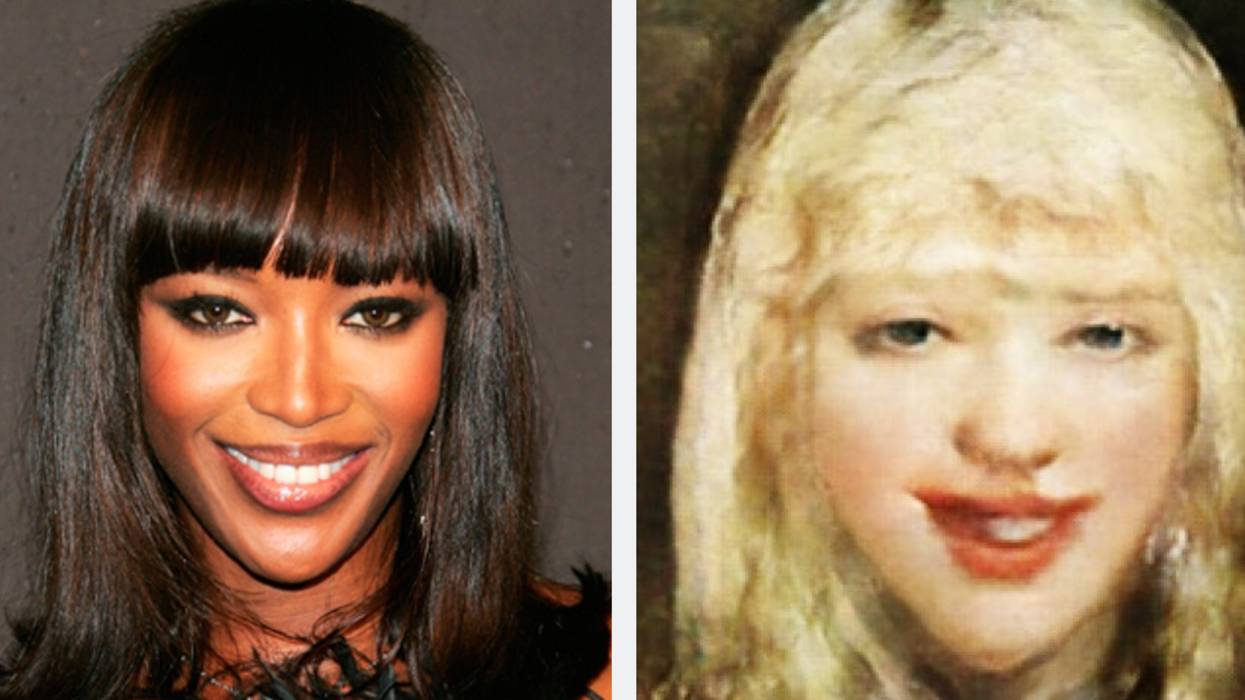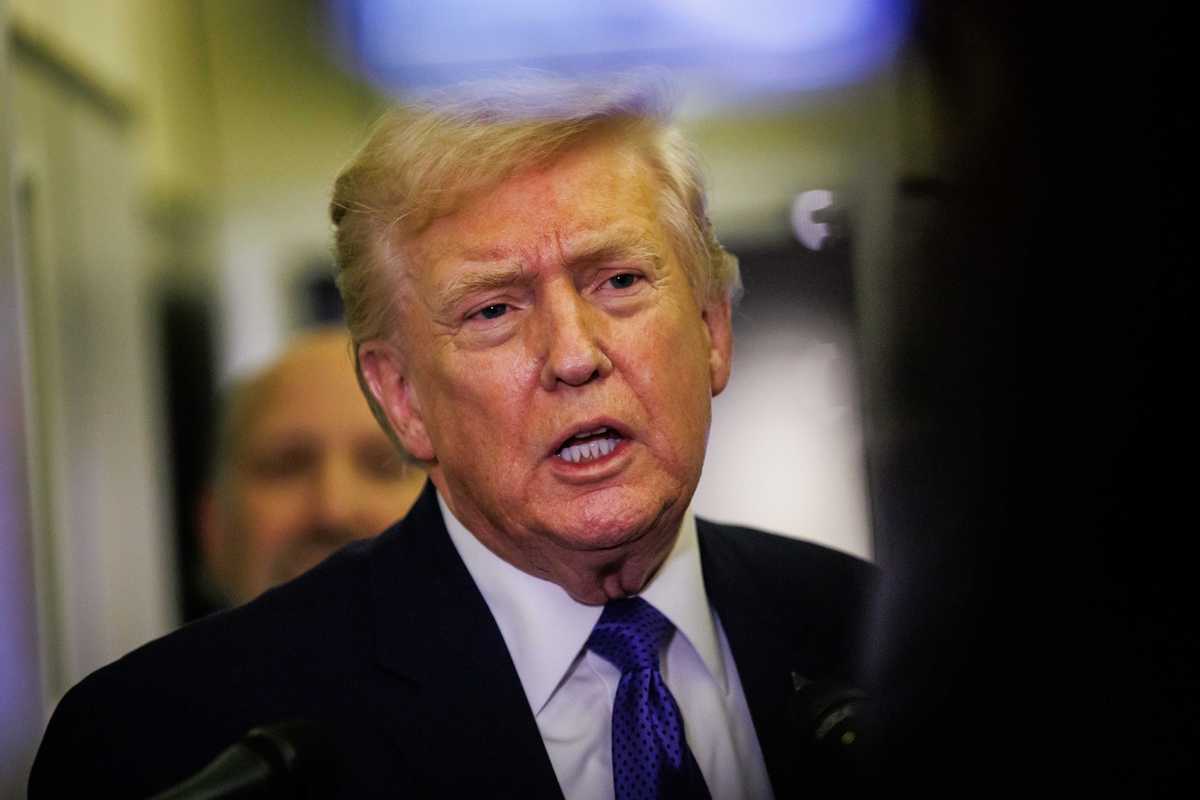
Lots of us are pretty bored right now, which might explain why there’s a boom in downloads of apps like TikTok and Houseparty.
But social media users have been enjoying another smartphone distraction, with more highbrow designs.
Called “AI Gahaku”, it’s an “AI artist” (read: algorithm) that can transform pictures into “renaissance” paintings.
Users can upload their snaps (usually selfies) and AI Gahaku will spit out a supposedly renaissance version of them,
Although to be honest, the style it generates the final images in has far more in common with 19th century realism or Impressionism.
Just saying.
Anyway, AI Gahaku is proving pretty popular online.
People are really enjoying the novelty of being turned into a work of art.
They’re even doing it to their favourite celebrities.
And tiger kings.
Unfortunately there’s a slight problem: AI Gahaku appears to be unable to recognise features on non-white faces very well.
In fact, it turns people of colour… white.
Of course social media users put it to the test.
They were not impressed.
Some are calling it straight up racist.
And when it didn’t turn darker-skinned people white, it blurred their features.
Although some joked about it, AI Gahaku's blind spots are actually indicative of a wider problem in AI: biases baked into codes.
AI algorithms are taught by raw data and human programming.
But if that raw data and human programming reflects the prejudice of reality, the AI learns that too.
LIke when Twitter taught Tay, a Microsoft chatbot, to be virulently anti-Semetic in less than 24 hours.
Or when Amazon’s secret hiring tool accidentally learned to dismiss applications from women, due to being programmed with data that reflected the employment gender gap.
Given the lack of representation from brown and black people in art, it’s likely AI Gahaku took its cues from historical precedent.
Which doesn’t make things better. Just explains them.
Oh well. Onto the next endemically flawed piece of technology.













